Of those that have adopted AI, only 35% of startups and 11% of large enterprises are developing entirely new products based on this technology. This result shows that the economic potential of AI can be exploited more effectively if the flexibility and creativity of startups are combined with the scale and resources of large enterprises.
To better understand the scope of AI applications and development orientations of companies of different sizes, AWS collaborated with Strand Partners to conduct a survey on the level of AI application in Vietnam. The study "Unlocking Vietnam's AI Potential" surveyed 1,000 business leaders and 1,000 individual representatives nationwide in Vietnam.
AI is being widely applied but is still largely at a basic level.
In Vietnam, in 2024, about 47,000 businesses deployed AI solutions—equivalent to more than 5 businesses every hour. A total of nearly 170,000 businesses, accounting for about 18% of the total number of businesses nationwide, have applied AI, up from 13% the previous year, corresponding to a growth rate of 39% over the same period. The application of AI is showing clear potential in terms of operational efficiency and economic benefits. Among businesses that have deployed AI, 61% recorded an average revenue growth of 16%, while 58% expect to save costs at an average of about 20%.

Although AI adoption in Vietnam is becoming more widespread, most businesses have yet to exploit advanced applications, indicating the need for stronger promotion to fully exploit the potential of this technology. Currently, 74% of businesses mainly use AI for basic goals such as improving operational efficiency and streamlining processes, rather than focusing on product innovation or creating breakthroughs in the industry.
Only 17% of businesses have reached the intermediate stage in their AI adoption journey, and only 9% have entered the full transformation stage, where AI plays a core role in product development, decision-making, and business model shaping.
Startups in Vietnam have shown a clear interest and creativity in exploiting the potential of artificial intelligence (AI), with the rate of application of advanced technologies surpassing many established businesses. Currently, 55% of startups are using AI to some extent, of which 35% are developing completely new products based on this platform. In contrast, although 41% of large enterprises have deployed AI, only 11% offer new products or services based on AI, and only 12% have a comprehensive AI strategy. This difference reflects a remarkable depth in the research results, showing the potential to shape Vietnam's economic future.
“We see a notable trend in AI adoption in Vietnam based on this research,” said Nick Bonstow, Director of Strand Partners. “Although 18% of businesses reported having deployed AI, the majority of applications remain at a basic level, despite a marked increase in adoption over the past year. Startups, with their agility and adaptability, are ahead of large enterprises in terms of speed of implementation and level of innovation. This is creating a ‘two-tier’ AI economic model that could have a lasting impact on the country’s economic development. Looking only at AI adoption rates may cause us to overlook the deeper challenges that many businesses are facing across the country.”
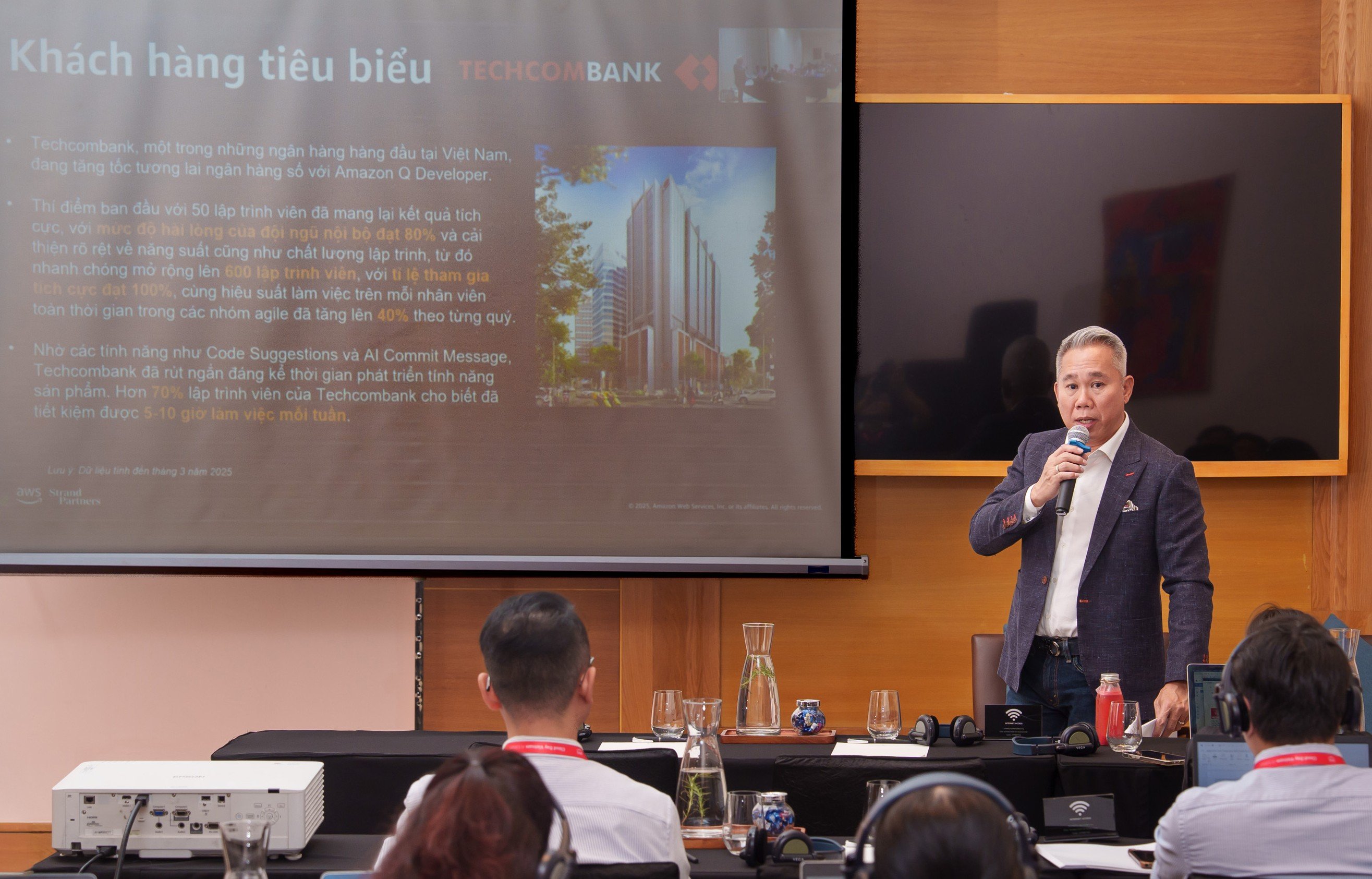
AI Skills Gap: Key Barrier to Wider AI Adoption
The lack of skilled human resources is the biggest barrier to AI application and expansion, according to 55% of businesses in Vietnam. Many said they have clear technology and direction, but have difficulty recruiting qualified personnel to implement. This situation can affect global competitiveness and limit economic potential, especially when forecasts show that AI skills will become mandatory in 50% of jobs in the future, while only 24% of businesses currently feel confident in their team's capabilities. In this situation, many businesses are willing to increase their salary offers by up to 40% for candidates with outstanding AI skills.
When considering the impact of upcoming AI regulations, the biggest expectations expressed by businesses in Vietnam were that the new regulations would help increase customer trust (50%), and create a stable regulatory environment (47%). Businesses in Vietnam also estimated that they spent 18% of their budget on compliance costs, and 71% predicted that this figure would continue to increase over the next three years.
AI Innovation: The Roadmap to the Future
The report outlines three priority actions to overcome current barriers and effectively exploit the potential of AI for both startups and large enterprises, avoiding the risk of creating a ‘two-tier’ economy. First, investing in sector-specific digital skills training programs to build a workforce with the right digital capabilities to support AI-driven innovation and growth. Second, establishing a transparent, stable and supportive legal framework will facilitate wider adoption of AI in businesses. Finally, with 69% of businesses saying that the government will take a leading role in promoting AI adoption, accelerating digital transformation in the public sector, especially in health and education , along with public procurement policies that support innovation, will be important.
Vietnam is driving innovation with AI, supported by AWS through robust infrastructure and workforce development. AWS launched Edge Locations in Hanoi and Ho Chi Minh City in 2022, and plans to roll out AWS Local Zones to accelerate digital transformation. Since 2017, more than 100,000 individuals have been trained in cloud computing and AI skills in Vietnam. In 2023, AWS launched the 'AI Ready' initiative, offering free AI and generative AI courses – of which 30 are currently available in Vietnamese – to help learners acquire in-demand skills and access career opportunities.
“Vietnamese businesses are showing agility in adopting AI, reflecting the significant economic potential,” said Eric Yeo, General Director of AWS Vietnam. “However, our research also points out notable barriers, especially for large enterprises looking to expand their deployment of this technology. To maintain Vietnam’s competitiveness in the global market, coordination between the government and the industrial sector is needed to address specific challenges. AWS remains committed to accelerating the adoption of generative AI through investment in technology infrastructure and skills training programs.”
Source: https://doanhnghiepvn.vn/chuyen-doi-so/phan-lon-doanh-nghiep-van-ung-dung-ai-o-muc-co-ban/20250918061059249


![[Photo] Opening of the 14th Conference of the 13th Party Central Committee](https://vphoto.vietnam.vn/thumb/1200x675/vietnam/resource/IMAGE/2025/11/05/1762310995216_a5-bnd-5742-5255-jpg.webp)














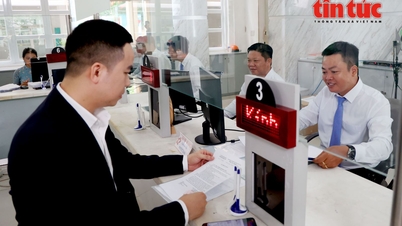

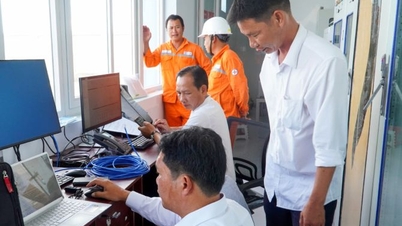













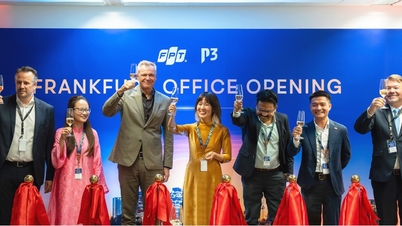

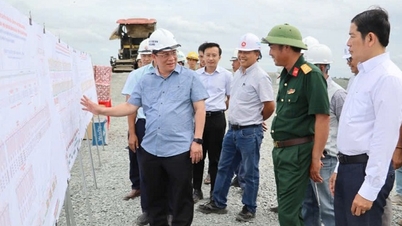


![[Photo] Panorama of the Patriotic Emulation Congress of Nhan Dan Newspaper for the period 2025-2030](https://vphoto.vietnam.vn/thumb/1200x675/vietnam/resource/IMAGE/2025/11/04/1762252775462_ndo_br_dhthiduayeuncbaond-6125-jpg.webp)


































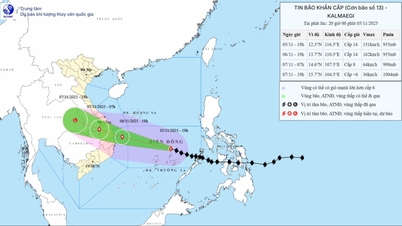


















![[Motion Graphics] 5 notes when converting from lump-sum tax to declaration](https://vphoto.vietnam.vn/thumb/402x226/vietnam/resource/IMAGE/2025/11/06/1762381214740_fb_thoi-tiet-cms-1200x800-3.jpeg)

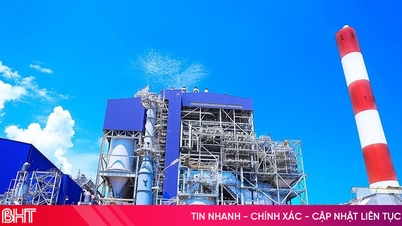
















Comment (0)